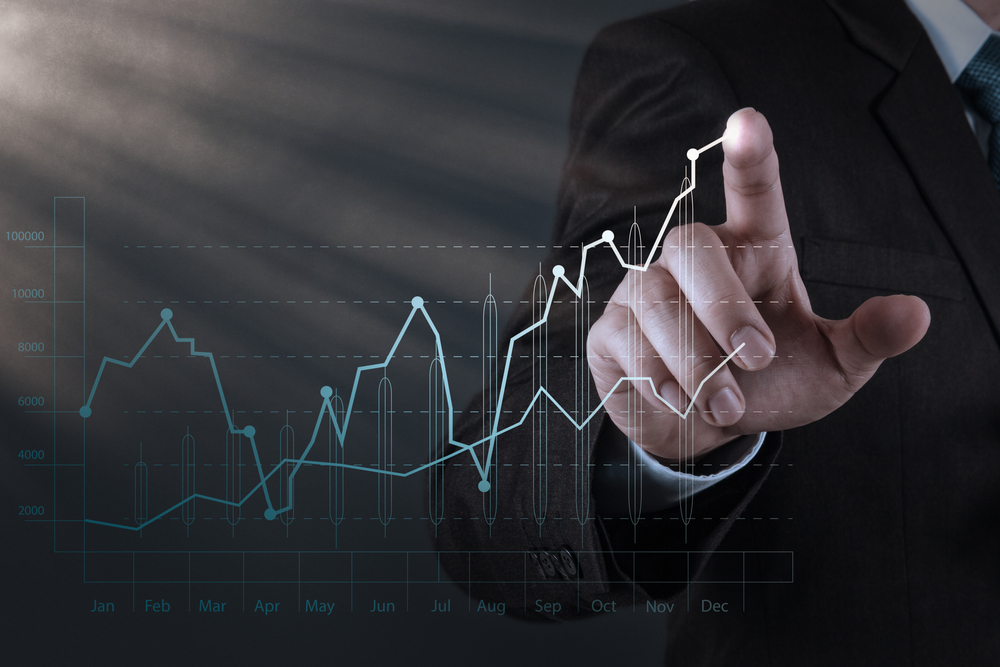
MANILA—The economy grew at its fastest pace in almost three years to 6.9 percent in the first quarter of 2016 driven by election-related spending, making the Philippines as Asia’s fastest-growing economy outpacing that of China.
Socioeconomic Planning Secretary Emmanuel Esguerra said the January-March gross domestic product (GDP), higher than the 5 percent in the same period last year and above market expectations, showed the continuing high-growth trajectory of the country’s economy.
“This robust performance of the economy increases the likelihood of achieving the official GDP growth projection of 6.8 to 7.8 percent for full-year 2016, despite the weak agriculture and fishery sector,” he said in a press briefing.
The Philippines was the fastest-growing economy among 11 selected Asian economies during the period, followed by China at 6.7 percent, Vietnam at 5.5 percent, Indonesia at 4.9 percent, and Malaysia at 4.2 percent.
The 6.9-percent expansion in GDP in the first quarter of 2016 was the highest since the third quarter of 2013 when the economy grew by 7 percent.
Esguerra sees the economy growing further to 7 percent this second quarter of 2016 considering the impact of election-related spending.
“Barring any major setback, we think that’s very much within the realm of possibility. In an election year, the quarter two is usually 0.4 (percentage point) to 0.5 (percentage point) higher than quarter one,” he said.
He also cited usual estimates on the impact of national polls that showed increases in GDP by between 0.3 to 0.4 percentage point, and an alternative estimate of between 0.5 percentage point to 1 percent during election years.
Esguerra, who is also National Economic and Development Authority (NEDA) Director-General, attributed the high growth recorded for the first quarter of this year to gains in the industry and services sectors.
The industry sector recorded a growth of 8.7-percent, the highest in five consecutive quarters, supported by manufacturing, construction, and utilities.
The services sector also posted a 7.9-percent growth, on the back of faster growth in trade, finance, and real estate, renting and business activities.
“The strength of both the industry and services sectors once again shows the ongoing structural transformation taking place in our economy, which is crucial for sustaining economic growth and generating quality jobs,” he said.
However, Esguerra noted that the agriculture sector remains a poor performer, which contracted by 4.4 percent in the first quarter, as the drought impact of El Niño reduced agricultural output.
On the demand side, first-quarter economic growth was investment-driven, with significant contribution from investments in durable equipment.
Fixed capital registered a 25.5-percent growth and contributed 5.8 percentage points to real GDP growth.
Public construction saw a reversal of its 23-percent contraction last year to 39.9 percent in the first quarter of 2016 as capital outlays of big departments posted significant increases. Private construction also picked up by 7.1 percent.
“All these investments give us confidence that the economy will continue to perform well in the succeeding quarters of the year and beyond,” the NEDA chief said.
Esguerra further said imports of goods rose to 15.9 percent largely due to increased purchases of capital goods, an indication that firms are investing. Growth of exports of goods and services, however, slowed down to 6.6 percent.
“Overall, the growth prospect of our economy for the next quarters is encouraging… Barring a significant drop in business confidence in the second half, the economy seems to be on track in meeting the full-year target of 6.8 to 7.8 percent,” he added.